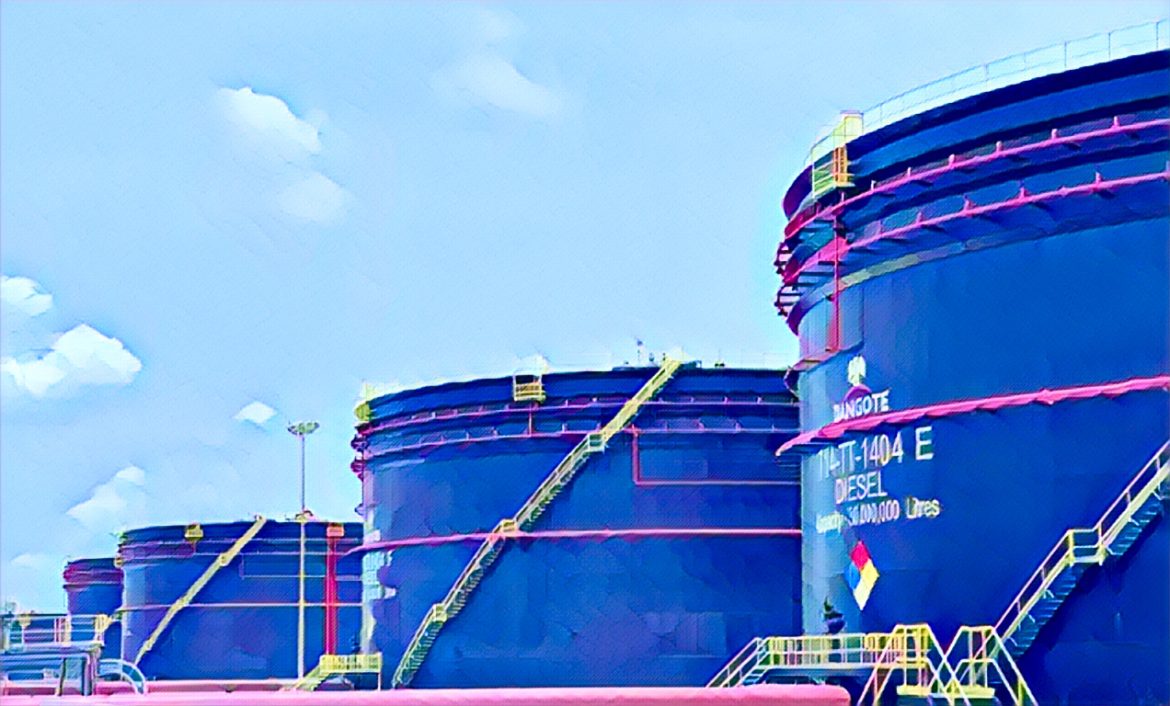KEY POINTS
- Ghana plans to import fuel from Nigeria’s Dangote refinery to cut $400 million monthly in European import costs.
- Dangote refinery’s local proximity is expected to lower Ghana’s fuel and consumer prices by reducing freight costs.
- Regional currency plans could reduce dollar reliance, adding stability to Ghana’s energy supply and economic growth.
Ghana National Petroleum Authority’s Chairman, Mustapha Abdul-Hamid said on Monday that Ghana may soon begin importation of petroleum products from Nigeria in a move to reduce Ghana’s importation cost and lower domestic fuel prices.
Speaking at the OTL Africa Downstream Oil and Gas conference in Lagos, Abdul-Hamid said sourcing from Nigeria could help Ghana avoid higher-cost European imports, which currently total $400 million per month.
“If the refinery reaches 650,000 barrels per day capacity, Nigeria’s market alone won’t consume that volume, so we can import from Nigeria rather than Rotterdam,” Abdul-Hamid said. “This would bring down our prices.”
The Dangote Oil Refinery, owned by Nigerian billionaire Aliko Dangote, valued at $19 billion also houses two of the world’s largest fertilizer trains, producing 3 million tonnes of urea per year. The Petrochemical complex, located on a Lagos peninsula is expected to reach near-full operational capacity by the end of the year.
However, the refinery which features a polypropylene plant with a capacity of 1 million metric tonnes annually is expected to reach maximum level by early 2025 as predicted by analysts.
Reducing costs across sectors
By importing closer to home, Ghana aims to cut fuel freight costs and ultimately reduce consumer prices across goods and services, Abdul-Hamid said, pointing to the broader economic impact expected from lower fuel costs.
“Switching to fuel imports from Nigeria would cut freight expenses, likely bringing down prices in other sectors,” he said.
Regional currency goals
Abdul-Hamid further added that the effort would solidify a common African currency as reliance on the U.S. dollar could be reduced.
Ghana’s economy, which grew by 6.9% year-over-year in the second quarter of 2024, has seen rising fuel demand largely due to growth in the mining and oil sectors.
Ghana’s anticipated partnership with Nigeria’s Dangote refinery is seen as a step toward a more cost-effective and stable energy supply for West Africa, with broader implications for regional economic growth and collaboration.





1 comment
**mitolyn**
Mitolyn is a carefully developed, plant-based formula created to help support metabolic efficiency and encourage healthy, lasting weight management.